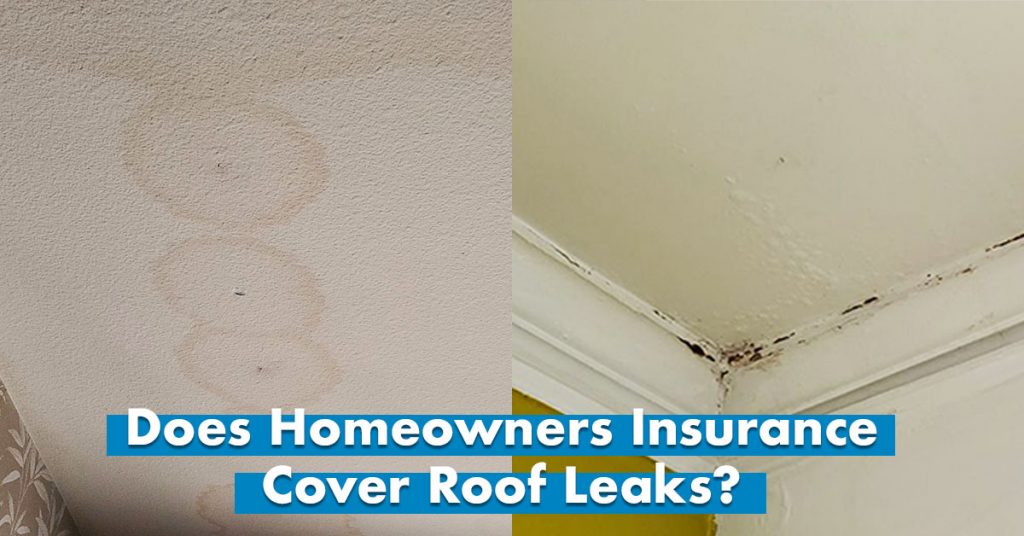
The roof over your head is one of the most important things you own. It shelters the people and things that mean the most to you, helping to keep everything safe and sound. When your roof develops leaks, the security of your home is compromised. While the severity of leaks varies, any leak is a bad leak.
If this problem arises, does homeowners insurance cover roof leaks? Like most important questions you might have about owning a home, the answer depends on a few different variables.
Can You Claim a Leaking Roof on Home Insurance?
The answer to the question “does home insurance cover roof leaks” mainly depends on the cause of the leaks. The answer varies according to the type of coverage you have, but typically homeowners insurance covers roof leaks if the leaks are caused by any peril listed on your policy. That means you are covered for damages that suddenly result from a specific cause listed by your insurance. These perils can include:
- Fire
- Hail storms
- Wind
If your policy insures you against these perils, then leaks or other damage to your roof that result directly from any of the named perils would be covered. In this case, you can claim them.
When Does Homeowners Insurance NOT Cover Roof Leaks?
Since sudden damage caused by certain perils can be covered by your insurance, then you can also expect the opposite to be true. Slow damage or leaks caused by wear and tear over time will typically not be covered by insurance. If you experience roof leaks because your roof has aged or hasn’t had proper maintenance or repairs, then your insurance will likely not cover the cost of roof repair or replacement.
How Do I Get Homeowners Insurance to Pay For a New Roof?
To get a new roof that is paid for by your insurance, either most of or all of your roof would have to be damaged by a covered peril, depending on your policy. This would typically result from a catastrophic peril like a house fire or windstorm.
How Can I Get My Insurance to Pay For a Leaking Roof?
This is an important thing to think about when you purchase or renew your homeowners insurance. If you want your home insurance to pay for a leaking roof, you need to make sure that as many common causes of roof damage as possible are included in your policy. This will help you to get your insurance company to pay for roof leaks that develop from these perils.
Another important strategy is to have your roof inspected and, if necessary, have roof repairs done regularly. This is important both for the lifespan of your roof as well as for insurance purposes.
By getting regular maintenance on your roof, you can help it to stand up longer against wear and tear over time. It also shows that you have taken good care of the roof, and this documentation can help you show proof that the damage to your roof and resulting leaks were caused by the peril covered in your policy.
Most homes have asphalt shingle roofing. These roofs tend to last between 10-20 years, depending on the climate and maintenance performed during that time. Other types of roofing, like tiles or metal, can last even longer. You can get more from your roof by taking care of small repairs as they occur, even if the damage is due to normal aging rather than a specific weather event or accident. This is a smart approach for several reasons:
- You can get more life and value from your roof.
- You help it stand up to potentially damaging weather events.
- You can document that your roof was in good shape before an event that caused your roof to leak.
What Can I Do If My Insurance Doesn’t Cover Roof Leaks?
If you review your policy and notice any perils that can cause roof leaks that are not covered, contact your insurance company. You can have these perils included in your new policy if you are close to renewing, or you can ask to supplement your policy to cover these perils. While talking to your insurance agent, you can ask what perils are most common in your area.
Make sure your policy covers perils that commonly cause sudden roof leaks and have regular maintenance performed on your roof for wear and tear. This can help you increase the likelihood that your homeowners insurance will cover roof leaks, damage, and replacement.




